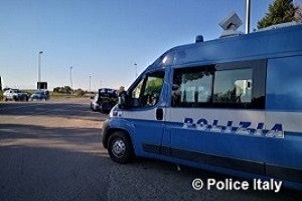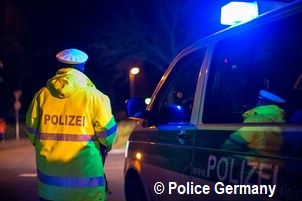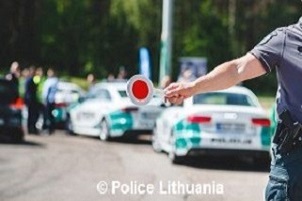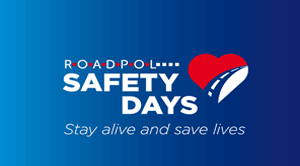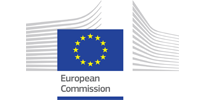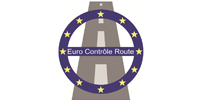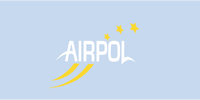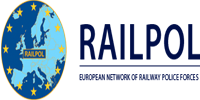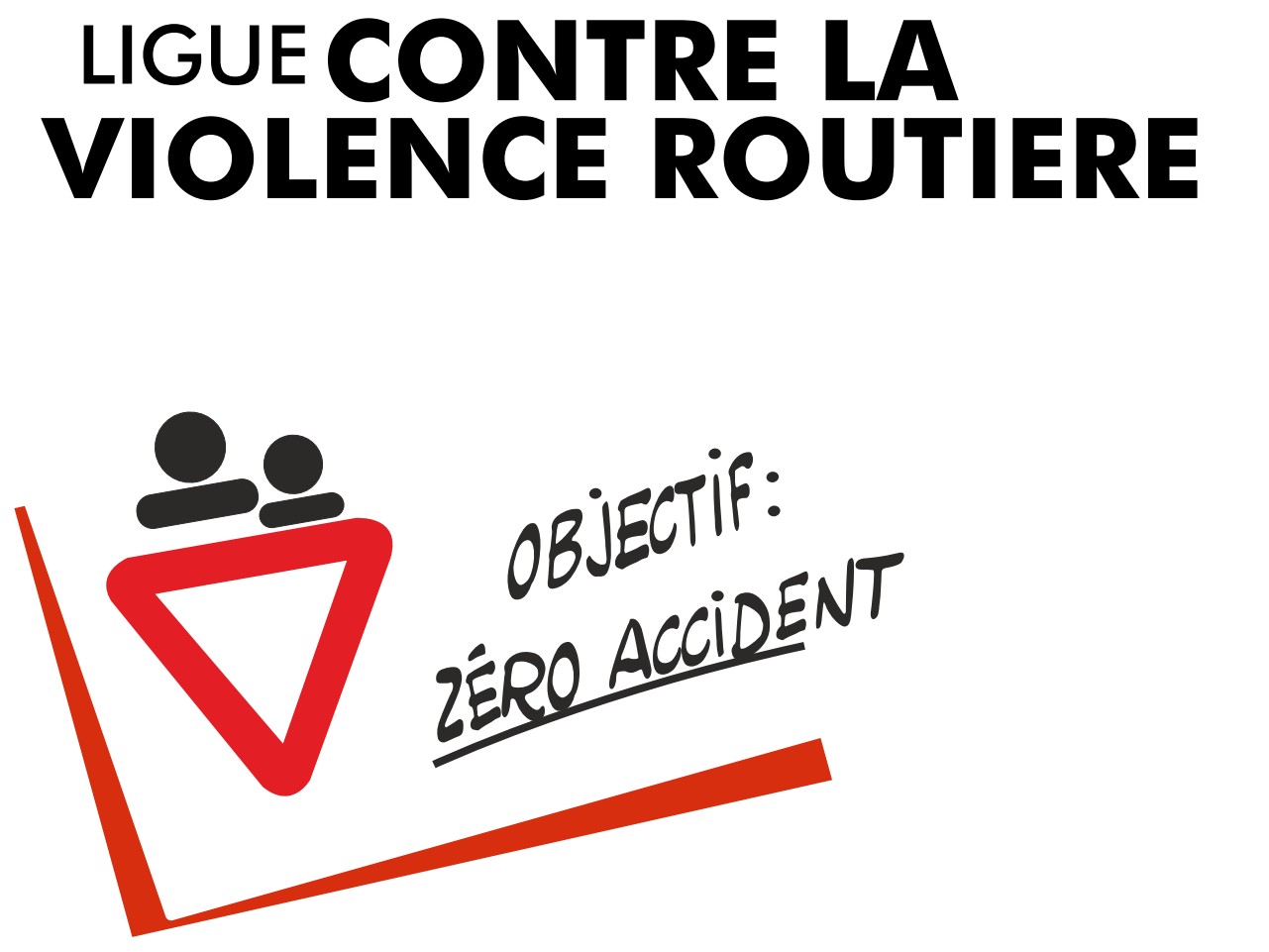France
This is a ROADPOL country driving guide to help drivers visiting France.
Visitor Information:
- France has a population of 65 million.
- It borders with Andorra, Belgium, Germany, Italy, Luxembourg, Monaco, Spain and Switzerland.
- There are 3,427 kilometres of coastline, with the largest beach in Europe at La Baule. This extends 12 km (7.5 miles).
- France also has Europe¹s highest mountain, Mont Blanc, at 4,807 metres high.
- The country has a total of one million road kilometres that include 65,000 kms of motorways and national roads.
- Motorway service and rest areas can typically be found every 20 kilometres (12.5 miles).
- The international vehicle ID code is F.
Collision & Breakdown Information:
- If you are involved in any collision with a French car, you will be asked to fill in a "constat amiable" (an amiable declaration) by the driver of the other car involved. Try, if you can, to call your insurance company at once on your mobile phone. They may put you in touch with a local French representative. If someone is injured, even if you were not at fault, or when the road is blocked then you must call police and remain at the scene until the police can attend. If you are unable to move your car because of a collision, then you must display your hazard warning triangle at a suitable distance behind your vehicle, except on motor- ways where it is deemed too dangerous. All cars travelling in France must carry a hazard warning triangle.
- In a breakdown, if possible park in the emergency lane if available. Before leaving the car, wear your reflective jacket then display a warning tri- angle (except on motorways). Protect your- self and your family behind the crash barrier. Call 112 with a cell phone or use an emergency call box if available.
Useful Phrase 1 - English:
Hello!
Useful Phrase 1 - Destination:
Bonjour!
Useful Phrase 2 - English:
Goodbye!
Useful Phrase 2 - Destination:
Au Revoir!
Useful Phrase 3 - English:
Call the police!
Useful Phrase 3 - Destination:
Appelez la police!
Useful Phrase 4 - English:
Do you speak English?
Useful Phrase 4 - Destination:
Parlez vous anglais?
Useful Phrase 5 - English:
My car has broken down.
Useful Phrase 5 - Destination:
Ma voiture est en panne.
Useful Phrase 6 - English:
Where is the nearest fuel station?
Useful Phrase 6 - Destination:
Où est la station-service la plus proche?
Road Traffic Policing:
- The Gendarmerie Nationale are responsible for surveillance of 92% of the road network and are involved in dealing with 75% of fatal road accidents. The National Police also assume responsibility for road traffic issues in major towns and the surrounding populated areas and they rely on specialised units (CRS) and territorial units (Securité Publique) and the Parisian police).
- Every year, 20.000 accidents involve wild animals. Those may be encountered whenever you leave motorways (which are well secured), especially in forested areas. Beware of deer and wild boars as they are numerous in the French woods.
Road Traffic Enforcement:
- The constant presence of the Gendarmerie forces on French roads, is a well-known traditional stereotype. All territorial Gendarmerie units are involved in road safety and security enforcment. In order to carry out its duties, each County (Department) force has specialised road traffic control squads. These squads comprise of motorised brigades, rapid interception units, and motorway units
Individual limits and specific driving requirements:
For more information about driving in France please see the European Commission Road Safety Link - 'Going Abroad':
http://ec.europa.eu/transport/road_safety/going_abroad/france/index_en.htm


